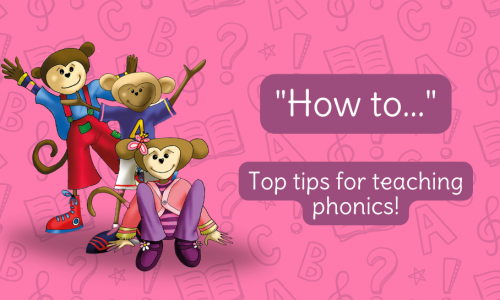
In our ‘how to…’ series we are going to delve into all things phonics instruction and give you our expert advice on developing confident readers. *** One of the difficult aspects of the English Alphabetic Code is that sounds (phonemes) can be spelled in different ways. For example, the sound /ae/ can be spelled ‘ai’ […]
Read More
